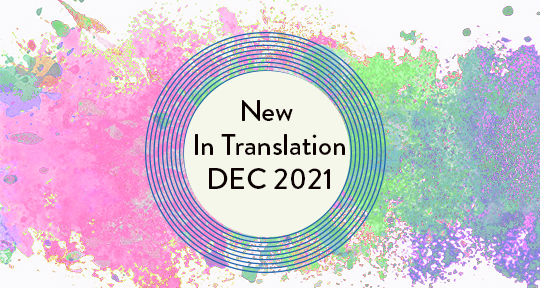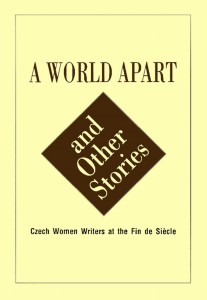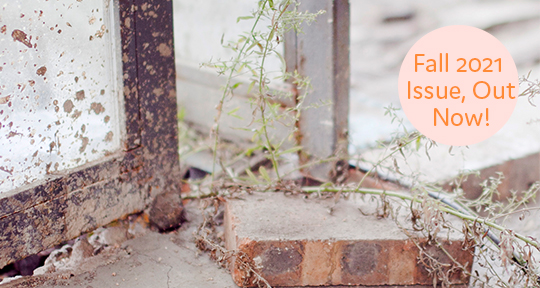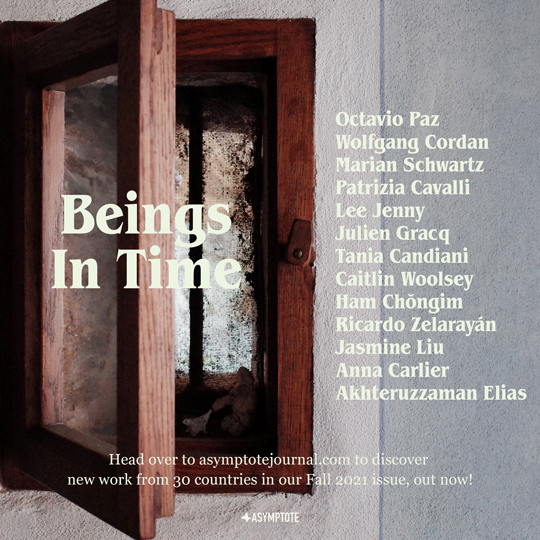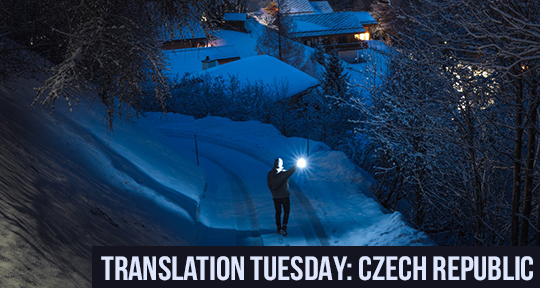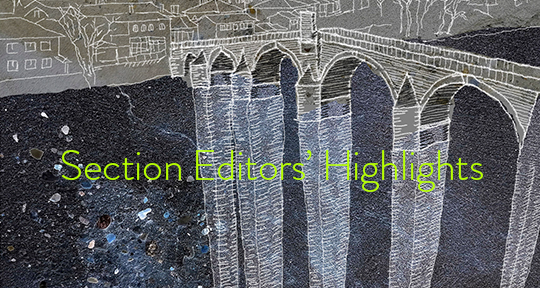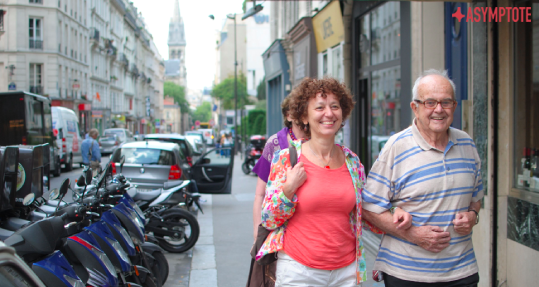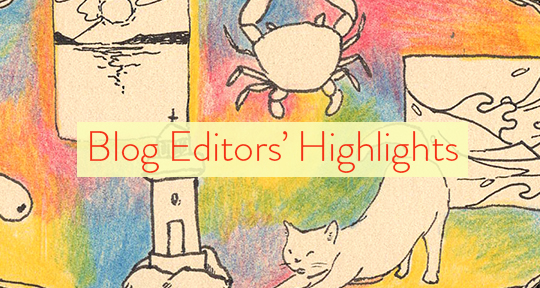Asymptote’s Winter 2022 issue is now out, marking the magazine’s eleventh year in publication! The newest edition features writing from a record forty-three countries and twenty languages. Here to introduce you to what this issue has to offer are our blog editors with some thoughts on the pieces that stood out to them the most.
In Maria Stepanova’s 2021 genre-defying work In Memory of Memory, she wrote that her excavation of family history was motivated by a desire to discover “the way memory works, and what memory wants from me.” Stepanova was absorbed with not only recovering the stories of her Jewish family but also probing her own obsessive relationship with memory itself. The memoir suggests the faultiness of memory in its rips and tears, while betraying an anxiety over its artifice in the way the memoirist manipulates the archive through inclusion, exclusion, and distortion for the purpose of her narrative. The reconstituting of memories that have been erased through the forces of time and displacement is a central concern for the playful yet meditative Winter 2022 issue. Like Stepanova, the authors of these varied works construct complex inquiries into the past through reappraisals of memory, dreams of alternate lives, and imaginative play with form. They seek the truth through memories while contesting their inevitable artificiality and malfunctioning.
In Rose Bialer’s deeply affecting interview, the Hungarian poet, memoirist, and translator George Szirtes speaks of returning to certain memories and themes in his personal history throughout his career in poetry, sometimes writing new poems that function as continuations of collections published decades before. This idea of Szirtes’s “return” to the same moments for their comprehension reflects his mistrust of memories but also his belief that truths are embedded within them. One of the talk’s many astonishing moments is when Szirtes claims that the return over time to the same memories in his poems reveals parallel narratives that add up to a palimpsest of personal history and identity. For Szirtes, formal constraints such as the terza rima continuously open the same memories to new facets and understandings. This illuminating conversation demonstrates how the fluidity of memory allows the poet-translator to construct an unstable past and self while “registering the sense of truth in all its complexity.”


